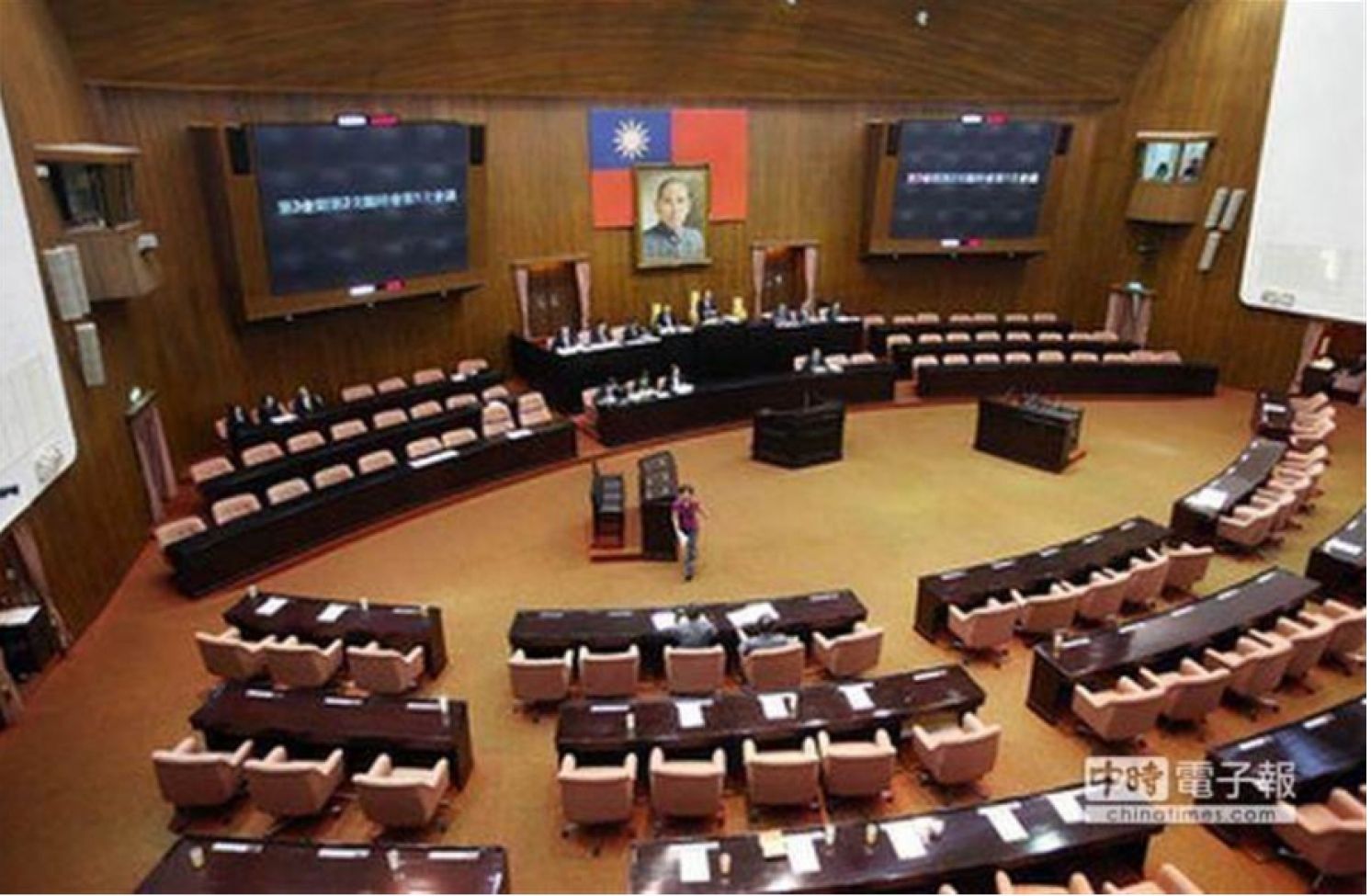
DPP Legislators Propose to Remove "Unification" Clauses, Shaking Cross-Strait Relations
China Times, May 9, 2020
Before the second-term inauguration of President Tsai Ing-wen on May 20, Democratic Progressive Party (DPP) Legislator Tsai Yi-yu, who is friendly to and considered part of President Tsai’s faction within the DPP, proposed draft amendments to the Additional Articles of the Constitution and Act Governing Cross-Strait Relations. The proposed revisions would remove “to meet the needs before national unification” in the preface and “before national reunification” in Article I and replace with new wording “in response to national development.” The draft amendment to the Act Governing Cross-Strait Relations passed the first reading, and the proposed revision of the Additional Articles of the Constitution will be processed by the Legislative Yuan once a constitutional amendment committee is formed. At this politically sensitive juncture before President Tsai’s second term, this critical move is viewed by observers as a move by the administration towards de jure independence.
Days before the January 11 presidential and legislative elections this year, DPP Legislator (at the time) and Tsai campaign spokeswoman Lin Ching-yi stated in an exclusive interview with Deutsche Welle, "China and Taiwan are two completely different countries and support for reunification is treasonous behavior." As it was only 10 days before the election, the statement caused an uproar. President Tsai did not respond, but Lin quickly apologized and said that her expression was inaccurate, which was the cause for misunderstanding, and then resigned. With regard to Legislator Tsai, who is regarded as belonging to President Tsai’s faction within the DPP, the situation begs the question: Did he discuss this with President Tsai before the proposal? To which he has responded: "No, this was my own idea."
The draft amendments to the Act Governing Cross-Strait Relations were jointly proposed by DPP Legislators Tsai Yi-yu, Chuang Jui-hsiung, and Chen Ting-fei. The first article of the Act Governing Cross-Strait Relations currently reads: "Before national unification, this regulation is hereby enacted in order to ensure the security of the Taiwan region and the well-being of the people, regulate the exchange of people between Taiwan and the mainland, and handle derivative legal events.” The revisions delete the words “before national reunification" and replace them with "in response to national development.”
Jurisdiction Over Taiwan and Neighboring Islands
Legislator Tsai's proposal pointed out that the relationship between Taiwan and China no longer focuses on "national reunification" as the sole ultimate goal. In light of Taiwan’s political reality and development, the approach to cross-strait relations should be amended. He stated that the Republic of China (ROC) respects the historical fact of the People’s Republic of China occupying the mainland and recognizes its sovereignty. The ROC’s current jurisdiction is limited to Taiwan, Penghu, Kinmen, Matsu, and other affiliated islets, including the corresponding airspace, territorial and adjacent waters under international law.
In this regard, Kuomintang (KMT) Legislator Lee De-wei warned that if the government goes ahead with the proposed amendments, the move will have severe consequences on both sides of the straight. He called upon the DPP not to directly confront mainland China, declare Taiwan’s independence, or even change the name of the country or national flag. It would not be wise for Legislator Tsai to attract such attention. However, KMT Legislator Lin Yi-hua thought that Tsai probably would not anger mainland China in her inaugural address. She, therefore, tried to placate supporters by proposing the revisions.
Provoking China, Towards Formal Independence
Beijing-based experts on Taiwan bluntly characterize this as a major challenge to the status quo of cross-strait relations and clearly a gesture of de jure Taiwan independence. The anonymous source said that Tsai has repeatedly stated that she would manage cross-strait relations by the Constitution and Act Governing Cross-Strait Relations. Thus, the proposed amendments before the May 20 inauguration undoubtedly challenges the mainland. The source explained that the original text implies that the two sides of the Taiwan Strait are parts of the same country, both of which seek reunification. If deleted, it would be tantamount to de jure Taiwan independence.
The Mainland Affairs Council (MAC) said yesterday evening that while the executive branch respects the power of the Legislative Yuan to propose legislation, the administration’s policy on cross-strait relations would not change. It will continue to handle cross-strait affairs in accordance with the Constitution of the Republic of China, Act Governing Cross-Strait Relations, and other relevant laws in order to maintain the status quo of peace and stability in the Taiwan Strait. It will pay close attention to opinions from all walks of life.
From: https://www.chinatimes.com/newspapers/20200509000332-260102